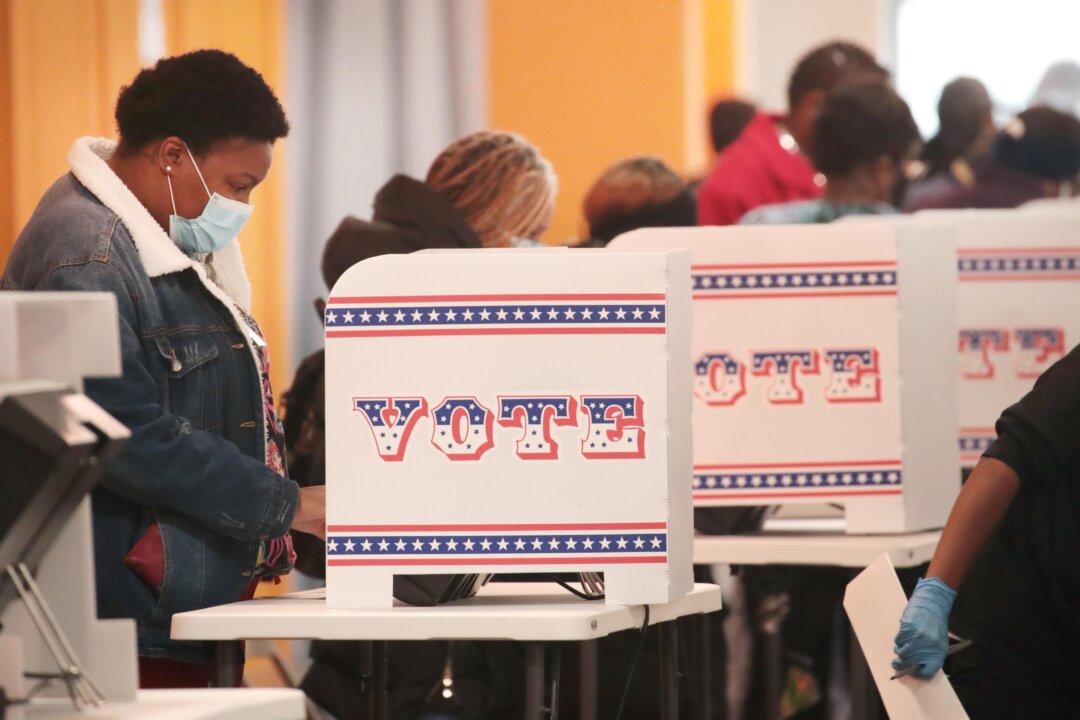Wisconsin’s Supreme Court ruled on Monday that public health restrictions amid the CCP virus pandemic are not valid reasons for people to vote absentee without showing an ID.
Under Wisconsin’s election law, a voter may declare him- or herself “indefinitely confined” because of age, physical illness, or infirmity—a status that allows one to submit an absentee ballot application without providing a photo ID. In a March 25 statement on his Facebook, Dane County clerk Scott McDonell encouraged “all voters who request a ballot and have trouble presenting a valid ID” to “indicate as needed that they are indefinitely confined due to illness.”





